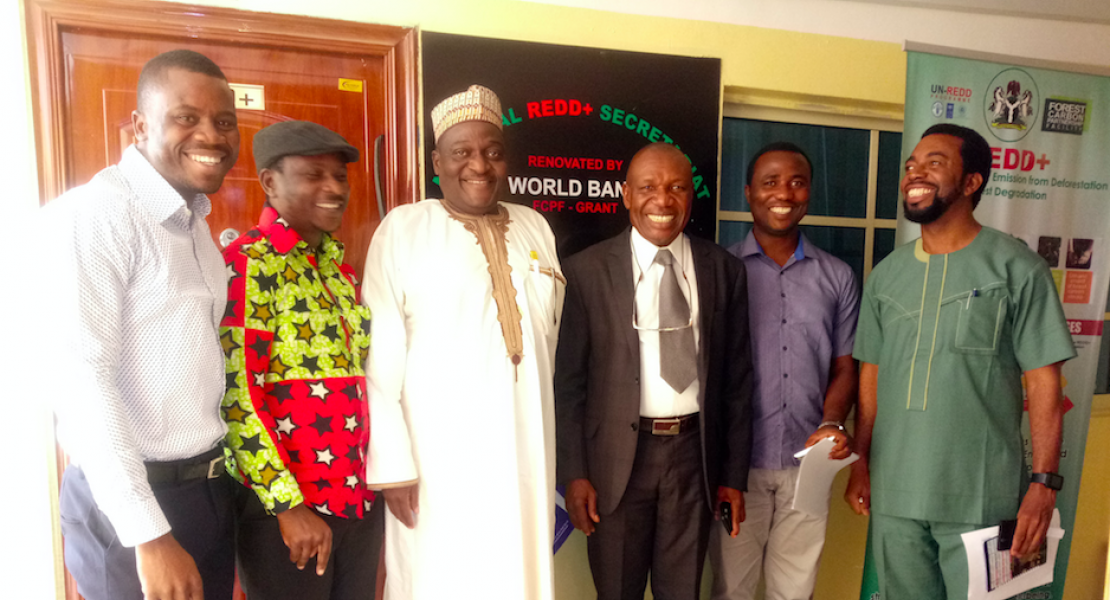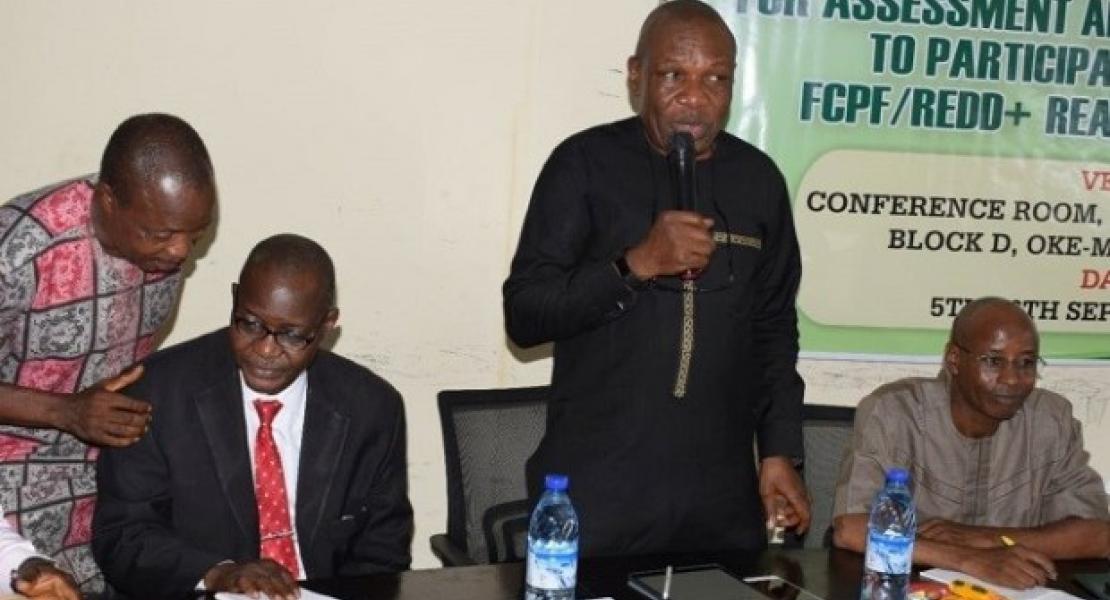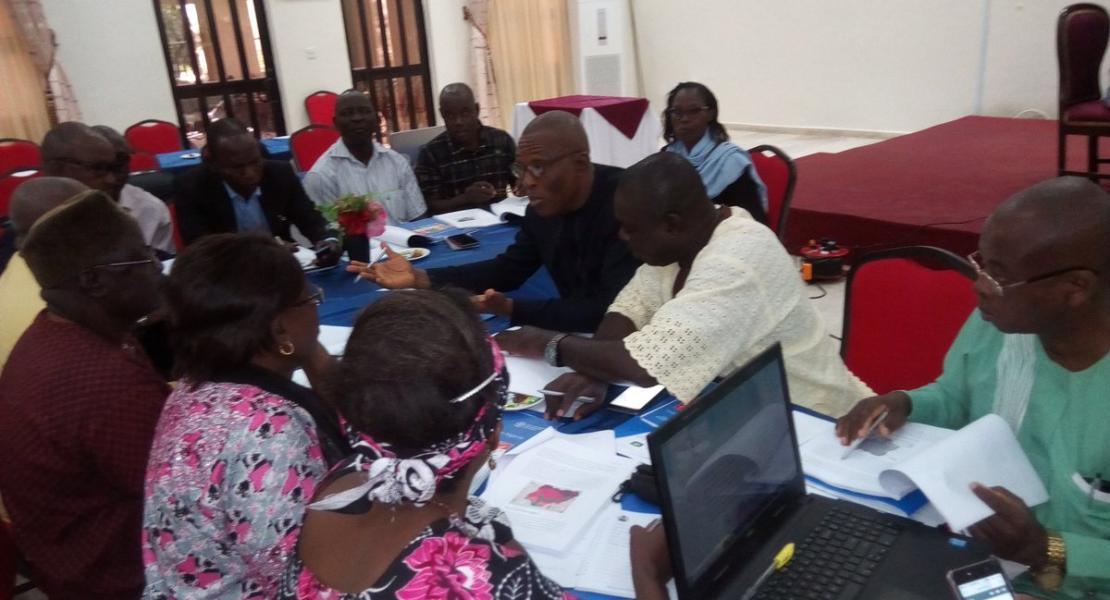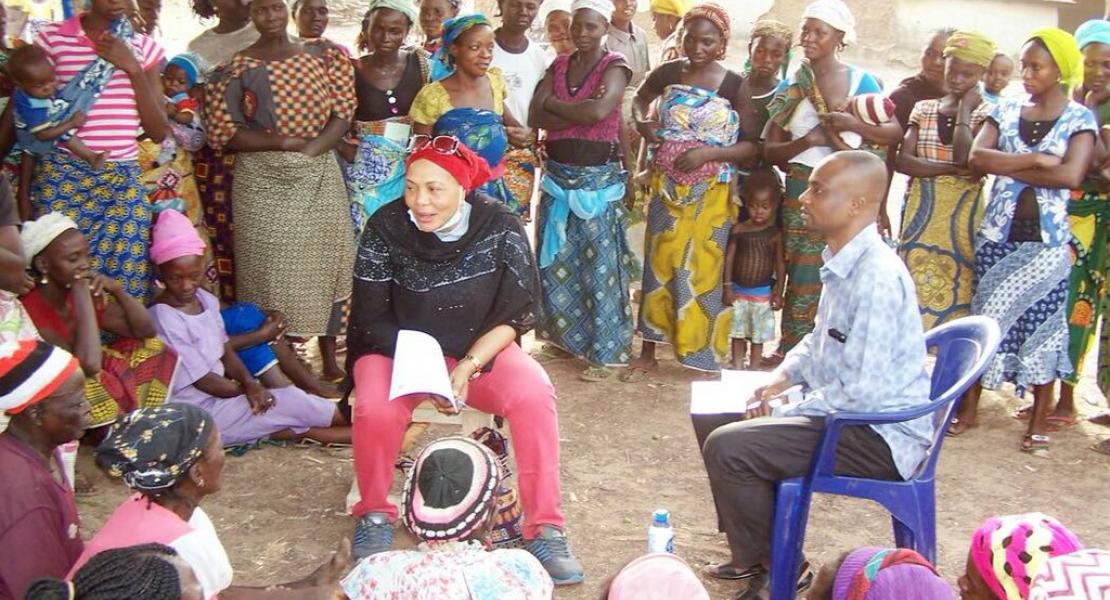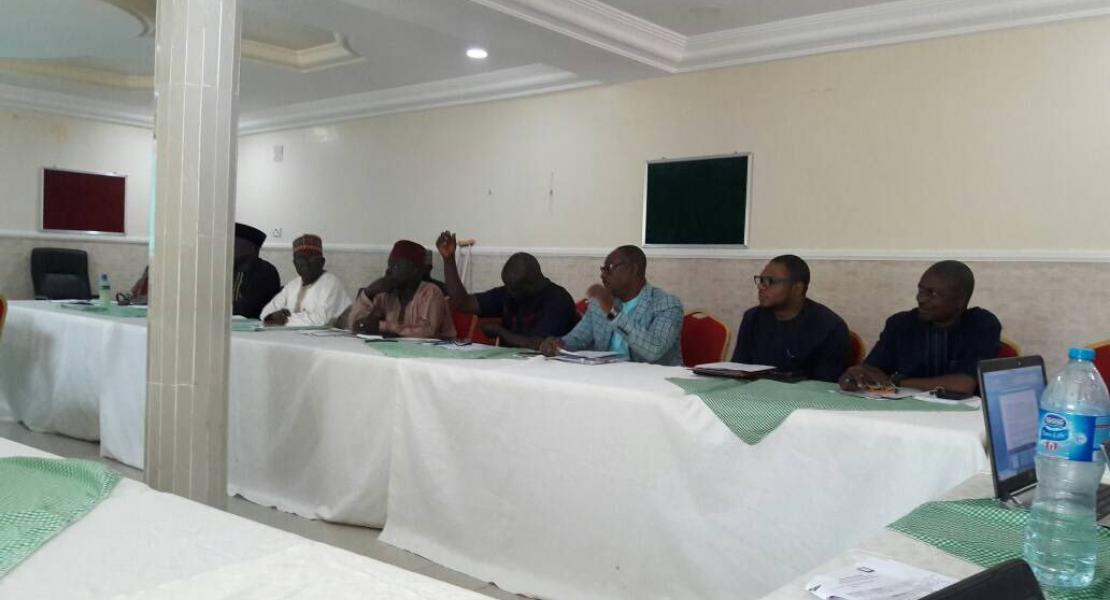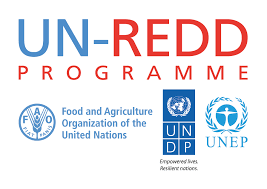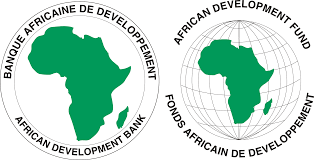Nigeria began engaging in the United Nations REDD Programme (UN-REDD) in 2009, and became a partner in 2010. The country's objective in doing this is "to enable Nigeria to contribute to climate change mitigation through improved forest conservation and enhancing sustainable community livelihoods." 2.
To do this, Nigeria had to develop a National REDD+ Framework Strategy. This strategy, "…provides guidance to states intending to engage in REDD+ development, helping to define the steps and considerations they will need to take into account." 3
In developing strategies for its REDD+ initiative, the Nigerian strategy demands that attention be paid to the drivers of deforestation, degradation, carbon emission, the available options to check these, evaluation of policies, institutions and measures that can be addressed to check these, all with an eye on sustainable development and national growth. According to the draft National Framework Strategy to Guide REDD+ Expansion Across the Federal Republic of Nigeria;
The key elements integral to the national REDD+ strategy include:
- Forest reference level/reference emissions level (RL/REL);
- Monitoring, reporting and verification (MRV) system;
- Financing mechanism;
- Assessing and addressing social and environmental safeguards;
- Clarification of forest tenure and carbon rights; and
- Ensuring equity in benefit sharing mechanisms." 4
Key Information
- Nigeria's annual deforestation rate as at 2015 is estimated to be at 3.7% which is one of the world’s highest.
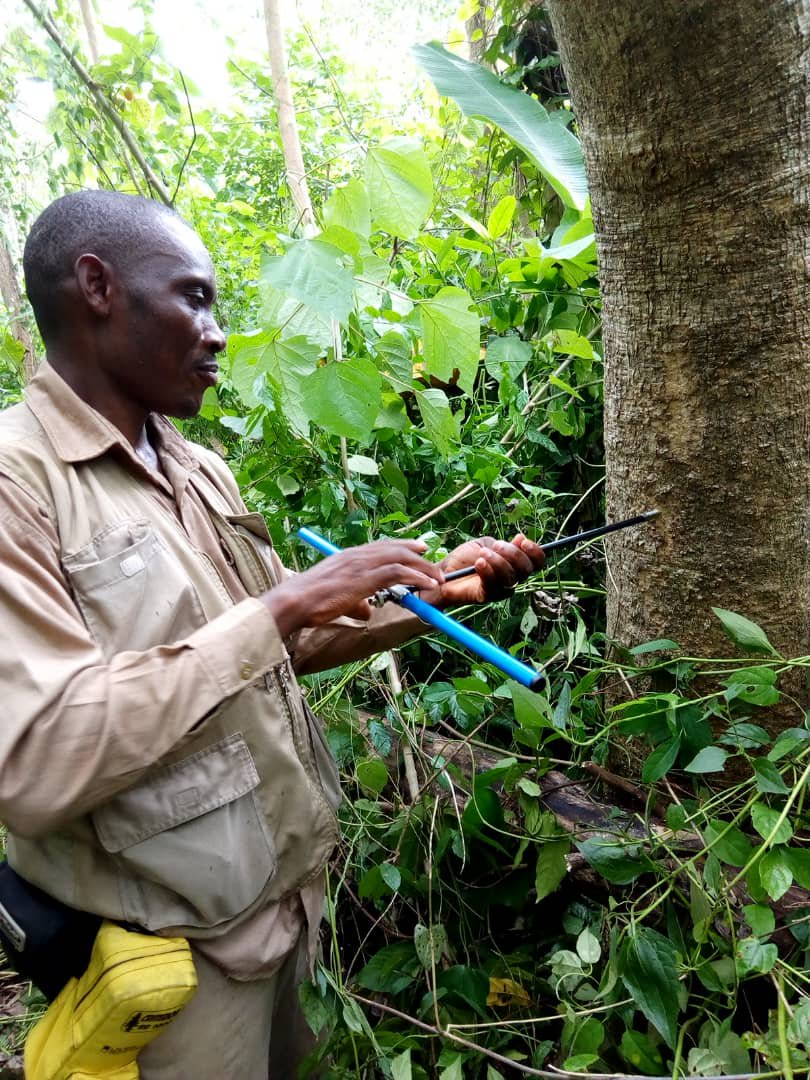
- Nigeria's National Forest Monitoring System (NFMS) has improved since the commencement of the implementation of its REDD+ Strategic Plan. 5
- In 2018, Nigeria submitted a sub-National Forest Reference Emission Level (FREL) based on Crossriver State, its REDD+ pilot State.
- In early 2019, Nigeria was able to submit a national FREL to the United Nations Framework Convention on Climate Change (UNFCCC).
- Several Nigerian experts have been trained in System for Earth Observation Data Access, Processing and Analysis for Land Monitoring (SEPAL).
- Civil society Organizations in Nigeria, including Climate and Sustainable Development Network (CSDevNet) which is the Nigerian chapter of Pan African Climate Justice Alliance (PACJA) have since pledged their collaborative support to Nigeria's REDD+ initiative. 6
- Nigeria’s Forest Carbon Partnership Facility (FCPF) funded REDD+ Readiness Programme as at November, 2019, is live in six states viz, Crossriver, Ondo, Nasarawa, Plateau, Ogun, and Edo States.
Being a country embroiled in extreme poverty, and weak laws and policies, most of the deforestation activities are unregulated. Therefore, Nigeria's forest management plan is weak, This is "compounded by inadequate human and financial resources to execute enforcement and administrative mandates and lack of community and other stakeholder participation in the management of the forest resources." 7
In developing its REDD+ strategy then, due to the poverty level in the country, importance was placed on provision of alternative and sustainable means of livelihood based on a green economy. This is because, developing and enforcing policies and regulatory plans to check deforestation and degradation without paying attention to an alternative and sustainable economic means may not be tenable as the poor citizens would rather do anything to feed today, than think of the future.
Still, Nigeria's REDD+ plans are making inroads through the unique and place-specific plan of first starting from a state--Crossriver State-- and then expanding to other states, based on the lessons learned and progress made from there. The idea is to replicate the ideas and strategy that work in Crossriver in the other states of the federation. The UN-REDD Programme provides an insight into efforts already made in Crossriver State, and why the state was pivotal in building a National REDD+ strategy in Nigeria:
Cross River State, which has more than 50 percent of Nigeria’s remaining tropical high forests, is host to a Community Based REDD+ Programme (CBR+) that promotes forest management and biodiversity conservation, rural livelihoods improvement with focus on climate smart approaches, capacity building for partici-pation in climate change programmes including REDD+, and sustainable energy alternatives. To date, more than 300 households across 21 communities have benefited from the Programme, which targets women, men and youth. The outcomes and experiences from the CBR+ Programme feed into Nigeria’s national REDD+ process. 8
The success of the Crossriver State CBR+ Programme, considering the peculiarity of the Nigerian situation, is hinged on the participatory nature of the strategic plan. This has enabled communities take ownership of the programme, especially as it has seen to improved means of sustainable livelihood. Some of such improved means of livelihood is the planting of bush mangoes, improved cassava processing methods and sustainable cocoa farming methods, which would lead to increase in revenue generation for communities.
In addition to Crossriver State, Nigeria's REDD+ department in partnership with the United Nations Food and Agricultural Organization(FAO) on 15th December, 2017, organised a "Forest (Carbon) Inventory Techniques and Data Collection" training in Ondo State, Nigeria, with the following objectives:
- To enable the participants to present a draft National Forest inventory Methodology.
- To get the participants familiarised and master how to use the modern equipment in the field.
- To understand forest sampling techniques and methodologies as well the terrain/challenges thereof before/during after data collection.
Participants were drawn from different angle along the value chain of reducing emission from deforestation and forest degradation. 9
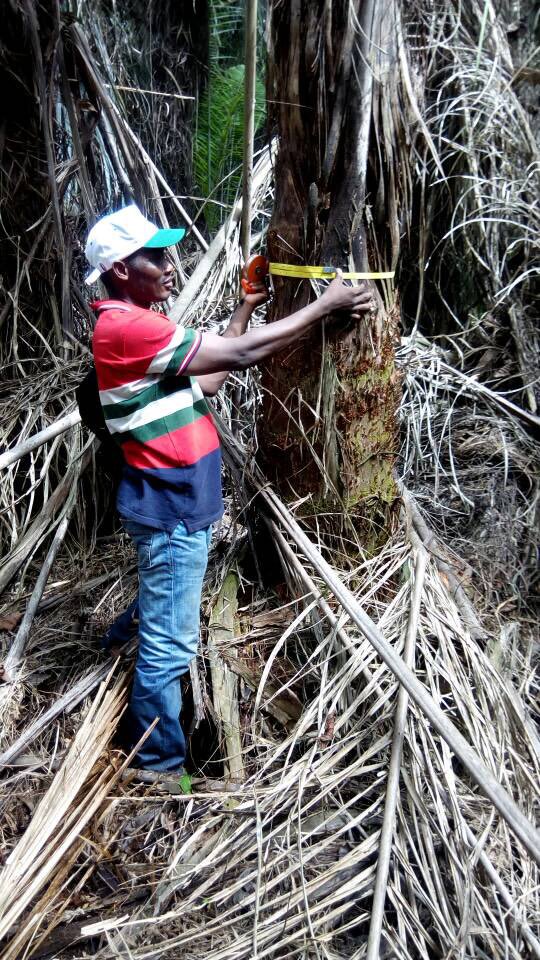 Participants for this training were drawn from Federal and State Departments of forestry, and from the Forest Communities from Crossriver, Nasarawa, Ondo and States, the Academia and NGOs. This, of course shows concerted effort to replicate the Crossriver experience in other states.
Participants for this training were drawn from Federal and State Departments of forestry, and from the Forest Communities from Crossriver, Nasarawa, Ondo and States, the Academia and NGOs. This, of course shows concerted effort to replicate the Crossriver experience in other states.
In November 2019, the country took a step further to add three new states to its REDD+ initiative, bringing the total number of states to six. The three new states, Ogun, Edo, and Plateau states, were part of the seventeen states—Edo, Delta, Imo, Akwa Ibom, Ogun, Plateau, Oyo, Kaduna, Enugu, Katsina, Bauchi, Jigawa, Lagos, Gombe, Anambra, Ebonyi, and Abia-- which prequalified for the country’s REDD+ Readiness Programme. 10 It is important to point out that the limitation in the number of states chosen derive mainly from funding constraints.
While waiting for the third phase (results-based actions) of the FAO approved phases in the REDD+ project, for Nigeria, the first phase (readiness phase) must include a lot of awareness creation and balanced capacity building. The awareness creation and capacity building are important because they will help the populace to fully grasp the importance of REDD+ legislation, governance and implementation to them and their future, while also telling them how to go about it in a way that still nurtures an alternative and sustainable economic model.
Yet one must point out that Nigeria continues to have very weak financial support by the Government and the private sector when it comes to environment-related programmes. This is where capacity building, and awareness creation come into play again. To effectively realise its REDD+ plans this issue must be addressed alongside legislation, policy formulation, and implementation.
References
1 Ihua-Maduenyi, Maureen (2019)."Nigeria’s REDD+ Strategy Document Gets Validation." https://punchng.com/nigerias-redd-strategy-document-gets-validation/
2 UN-REDD (2016). “UN-REDD Programme Collaborative Workspace: Nigeria.” https://www.unredd.net/regions-and-countries/africa/nigeria.html.
3 National Framework Strategy to Guide REDD+ Expansion Across the Federal Republic of Nigeria (2016). pg. 12.
4 National Framework Strategy op cit (pgs. 12-13).
5 Sandker, Marieke(2019). "Latest FREL Submission Shows Nigeria’s Progress on Monitoring Forest Resources." http://www.fao.org/redd/news/detail/en/c/1183510/
6 http://csdevnet.org/nigerias-redd-programme-receives-fresh-civil-society-boost/.
7 Matakala, P.W. and S.A. Okonofua (2016) Assessment of Policy and Regulatory Instruments for REDD+ Strategy Development. Towards a REDD+ Strategy for Cross River State, Nigeria. Draft Report under the ‘Development of the Integrated Analyses for a REDD+ Strategy in Nigeria with a Focus on Cross River State’.
8 UN-REDD+ Nigeria. "Community Based REDD+ Programme in Nigeria: a success story" https://www.un-redd.org/single-post/2018/06/21/Community-Based-REDD-Programme-in-Nigeria-a-success-story.
9 Nigeria-REDD Programme http://www.nigeriaredd.org.ng/WORKSHOP_FOREST_INVENTORY.
10 EnviroNews Nigeria (2019). "Ogun, Edo, Plateau Emerge New REDD+ Project States." https://www.environewsnigeria.com/ogun-edo-plateau-emerge-new-redd-project-states/.

